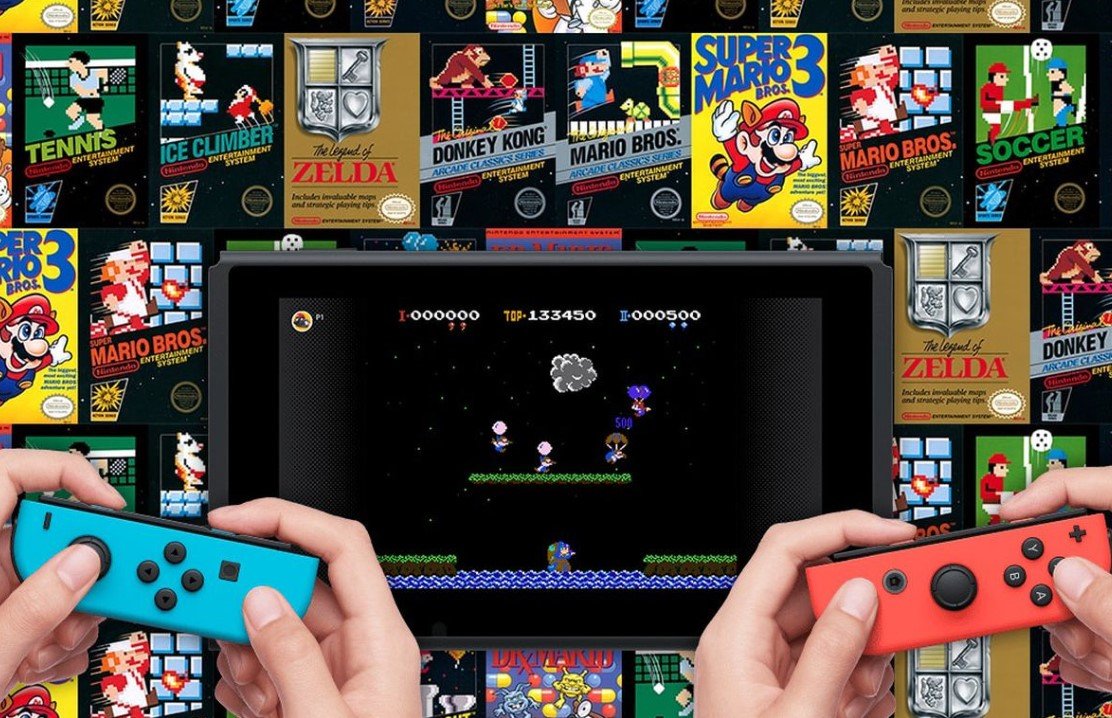Nintendo has successfully sued the developers of Yuzu, an open-source emulator that allows users to play Switch games on PC and other devices. The emulator, which was accused of facilitating piracy and leaking games before their official release, will be discontinued and its creators will pay $2.4 million in damages to Nintendo.
Yuzu’s History and Controversy
Yuzu was launched in 2018 as a project by Tropic Haze LLC, a company formed by former Citra developers. Citra is another open-source emulator that enables users to play Nintendo 3DS games on PC. Yuzu aimed to do the same for the Switch, which was released in 2017 and quickly became one of Nintendo’s most popular consoles.
However, unlike Citra, which only supported games that were already released, Yuzu also allowed users to play games that were not yet available on the Switch. This was possible because Yuzu could bypass Nintendo’s encryption and protection measures, which were designed to prevent unauthorized access and copying of Switch games.

One of the most notorious examples of this was the leak of The Legend of Zelda: Tears of the Kingdom, a highly anticipated game that was scheduled to launch in November 2023. Yuzu users were able to download and play the game months before its official release, spoiling the experience for many fans and hurting Nintendo’s sales.
Nintendo’s Legal Action and Settlement
Nintendo, which has a reputation for being very protective of its intellectual property and cracking down on piracy, filed a lawsuit against Tropic Haze in February 2024. The lawsuit claimed that Yuzu was “primarily designed” to circumvent Nintendo’s security systems and enable piracy “at a colossal scale”. Nintendo also alleged that Yuzu’s developers profited from donations and advertisements on their website and Discord server.
Nintendo sought damages and an injunction to stop the development and distribution of Yuzu and any other software or devices that could infringe on Nintendo’s rights. The lawsuit also named several unnamed individuals who were involved in the creation and maintenance of Yuzu.
Tropic Haze initially announced that it had hired a lawyer and would respond to the lawsuit within 60 days. However, less than a week later, the parties reached a settlement that was filed in the U.S. District Court for the Western District of Washington. According to the settlement, Tropic Haze agreed to pay Nintendo $2.4 million in damages and to cease all operations related to Yuzu and Citra. Tropic Haze also agreed to surrender its website domains, any physical devices that could hack the Switch, and any source code or features of Yuzu. Furthermore, Tropic Haze and its members agreed not to form new entities or associations to develop similar software in the future.
Yuzu’s Farewell Message and Reaction
In a message posted on its Discord server, Tropic Haze addressed its decision to settle the lawsuit and end the support for Yuzu and Citra. The message read:
“Yuzu and Yuzu’s support of Citra are being discontinued, effective immediately. Yuzu and its team have always been against piracy. We started the projects in good faith, out of passion for Nintendo and its consoles and games, and were not intending to cause harm. But we see now that because our projects can circumvent Nintendo’s technological protection measures and allow users to play games outside of authorised hardware, they have led to extensive piracy. In particular, we have been deeply disappointed when users have used our software to leak game content prior to its release and ruin the experience for legitimate purchasers and fans.”
The message also thanked the users, contributors, and supporters of Yuzu and Citra, and apologized for any inconvenience or disappointment caused by the settlement. The message concluded by saying:
“We hope that you will continue to enjoy Nintendo’s games and consoles, and respect their rights and efforts. We also hope that you will understand our situation and decision, and that you will remember the good times we had with Yuzu and Citra. Thank you for everything.”
The reaction to the settlement and the shutdown of Yuzu and Citra was mixed among the emulation community and the gaming industry. Some users expressed sadness and gratitude for the work done by Tropic Haze, while others criticized them for giving up too easily and betraying the emulation scene. Some also speculated that the settlement was a result of pressure or intimidation from Nintendo, or that Tropic Haze had received a secret deal or offer from Nintendo.
Nintendo, on the other hand, issued a statement saying that the settlement was a “victory for the protection of intellectual property and the prevention of piracy”. Nintendo also warned that it would continue to take legal action against anyone who infringes on its rights or harms its business.
The Future of Emulation and Nintendo
The settlement and the shutdown of Yuzu and Citra mark a significant blow to the emulation scene, especially for Switch and 3DS fans. Yuzu and Citra were among the most popular and advanced emulators for these consoles, and had a large and active community of users and developers. The loss of these emulators means that many Switch and 3DS games will no longer be playable on other devices, and that the preservation and enhancement of these games will be hindered.
However, the settlement does not mean the end of emulation as a whole, nor does it change the legal status of emulation in general. Emulation itself is not illegal, as long as it does not involve piracy or circumvention of copy protection. In fact, Nintendo itself uses emulation to run some of its older games on newer consoles, such as the NES and SNES games on the Switch Online service.
The legality of emulation was also established by a precedent-setting case in 2000, when Sony sued Bleem, a PlayStation emulator that was sold in stores while the PS1 was still on the market. Bleem won the lawsuit, proving that emulation software is legal to develop and sell. The Yuzu settlement does not affect this precedent, as it was based on a mutual agreement between the parties, and not on a court ruling.
Therefore, emulation will likely continue to exist and evolve, as long as there are developers and users who are passionate about gaming and technology. However, emulation will also continue to face challenges and opposition from companies like Nintendo, who have a vested interest in protecting their products and profits. The future of emulation and Nintendo will depend on how these two forces balance each other, and how the law and the public opinion will shape their relationship.


































